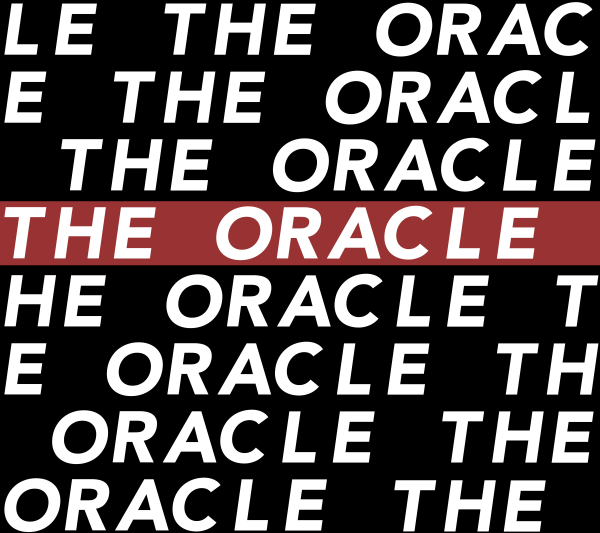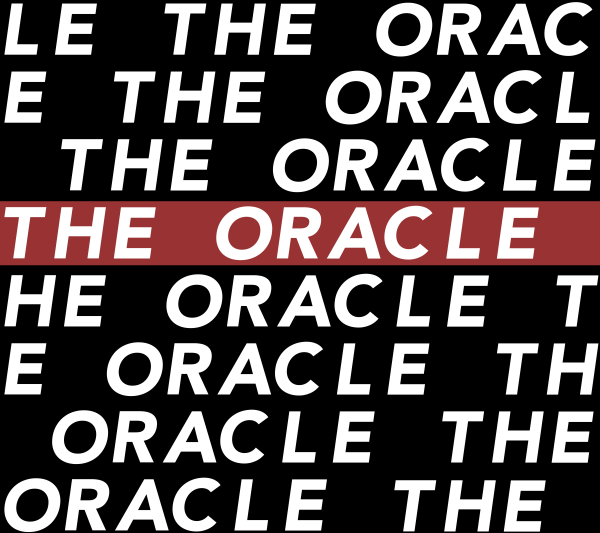The Quick and the Dead
October 18, 2022
“My fellow members of the United Nations…My fellow citizens of the world….we are here to make a choice between the quick and the dead” said an American representative in a dark suit, glasses and faded hair on a June day in 1946 to the UN on an issue of life-and-death importance: atomic capabilities.
The discussion was specifically on nuclear weaponry — understandably so, given that the global debut of the atom bomb occured less than a year prior — but Mr. Baruch, the representative that day, would also speak to a larger point we can now consider, that of nuclear energy.
A prior column I’ve written titled “The reactor in our backyard” shed some light on the issue of nuclear energy, specifically regarding policy decisions that may be fast-approaching both abroad and in our own backyard. However, it is difficult to appreciate the current policy without learning of the political treatment it has received up ‘til now.
In a significant way, the political discourse over several decades directly impacts how we see nuclear energy today. In order to be informed voters, we need to learn about this development.
While politics can foul otherwise unrelated issues, it should be noted that nuclear energy is not a politically-neutral topic merely used to grab voters; the history of nuclear power illustrates that it is indeed political.
For one, access to nuclear power has not been equal: as noted in Charles Ferguson’s book “Nuclear Energy: what everyone needs to know,”, ‘til the early 1970s, the US was the sole provider of commercial enrichment of uranium for nations outside the Soviet Union. Ferguson also notes that South Africa was refused fuel during Apartheid as a result of “multilateral sanctions.”
One can wonder to what extent this sort of control has facilitated discrimination of other nations to access nuclear power. Even today, massive regions of the planet are lacking nuclear power, presumably as impacted by politics, foreign and domestic. From these and other observations, one can conclude that the ability of countries to have clean, safe and reliable energy is inherently political.
Ferguson points out other historical factors that have shaped the dialogue, even events seemingly unrelated, such as U.S. policies of involvement in the 1973 Yom Kippur War. The U.S. found itself on the receiving end of an oil embargo, which caused efficiency changes to our oil-laden energy supply. Though nuclear was intended as a replacement, by the time the embargo was lifted, a number of changes (such as response in efficiency) made the atomic power unnecessary. Had the embargo been in place longer, I wonder whether America today might be a bit more reliant on the power of the atom.
At the same time, appears the pulse of the ‘70s culture lead also to pushback for nuclear power, even to the creation of the 1978 “Anti-nuclear Handbook” which employs a comic book format to showcase the absurdities and dangers involved in the development of nuclear power (if you wish to see this, you can find a copy on the third floor of Bush Memorial Iibrary). Additionally, the 1976 incident at Three Mile Island functioned to warn those already disinclined to use nuclear power.
However, not all historical points are so distantly removed. An article by Nature Journal explains that the Intergovernmental Panel on Climate Change, created in 1988, determined that nuclear power, even with its potential downfalls (keep in mind Chernobyl occurred in ’86), would be a better risk to take than the risk of climate change through other energy sources.
And as mentioned in the last column, Minnesota passed a nuclear energy moratorium in 1994. While this has been in place for quite some time now, even after Obama’s political support for nuclear power, the 2011 Fukushima disaster likely dampened any inertia to make changes.
The representative mentioned at the beginning of this article laid out a plan to handle nuclear power of all sorts.
For one, he wished for nuclear disarmament — an incredible proposition for an American diplomat to suggest, considering that the only country in possessions of such bombs at the time was his own — and yet he still wished for nuclear enegry to be used for less agressive aims, including, “to some extent”, nuclear power. While his views were never fully adopted, it serves as a reference for our own dialogue.
In our above survey, we see how views have been molded by the times they were in, and how public perception has modulated through political choices. It is worth asking how our own views have been shaped by these past policy decisions, and how the policies we vote for today will impact the views of the future — a past-to-future connection which, in a way, unites the quick and the dead.
Perhaps most importantly, we can see how past votes in history have had substantial consequences — the impacts of nuclear policy happened quickly, and certainly aren’t dead.





